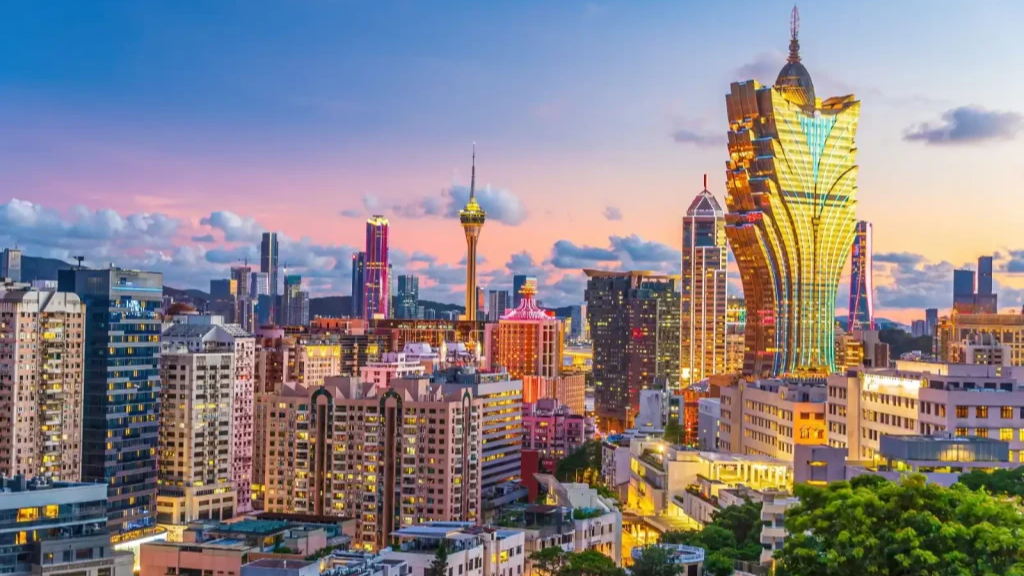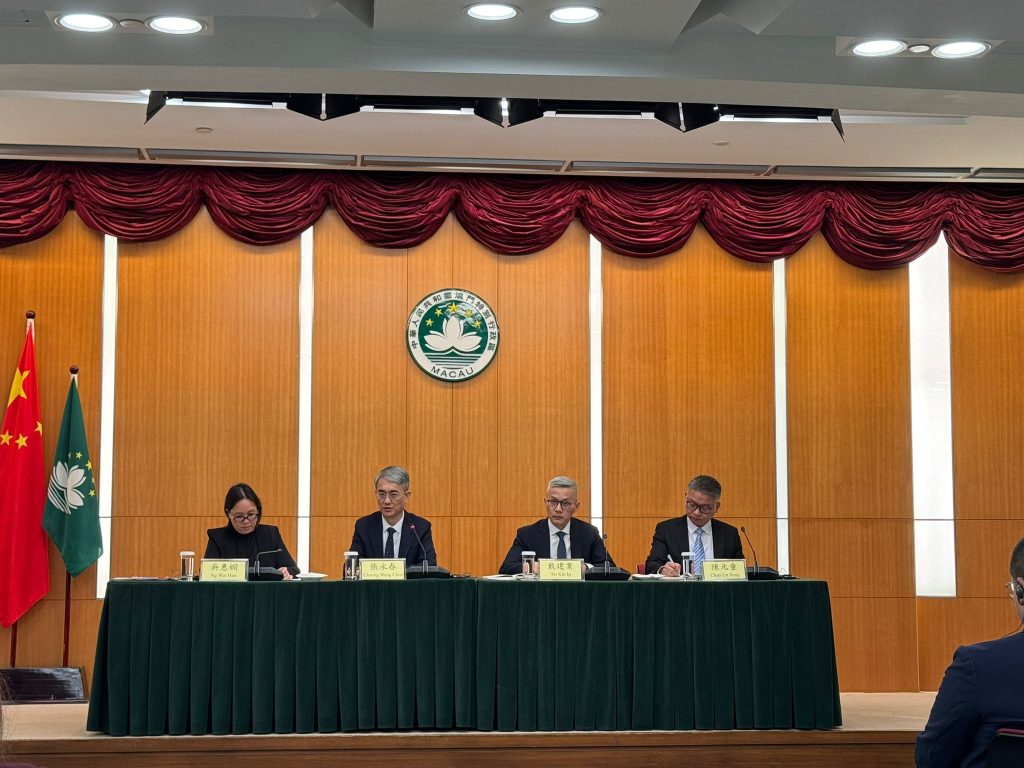
Macau’s casino industry, once the crown jewel of global gaming, is undergoing a critical transformation. In a pair of major developments this June, authorities have confirmed that 11 satellite casinos are set to close by the end of 2025, while Macau Slot, one of the region’s key sports betting operators, has pledged to reduce its reliance on foreign labor in favor of local workers. Both moves come as gaming concessions face review and renewal in an evolving economic landscape.
Satellite Casinos to Shut Down by Year-End
On June 9, officials announced that 11 of Macau’s remaining 14 satellite casinos will cease operations by December 31, 2025, marking a historic contraction of a segment that once accounted for a significant portion of the region’s gaming footprint. Satellite casinos are venues run under the license of a larger concessionaire but operated independently—typically within hotels unaffiliated with the big-name integrated resorts.

Authorities have downplayed the impact of the closures on Macau’s Gross Gaming Revenue (GGR), noting that satellites now contribute a small fraction—estimated at just 0.6 percent—of total gaming revenue. The emphasis is instead on Macau's long-term goal to transition from a pure gaming hub into a diversified tourism and entertainment destination.
“The exit of these casinos reflects the ongoing structural changes in the market,” analysts say. “But it also opens the door for stronger oversight and industry reform.”
Macau Slot’s Pivot Toward Local Talent
Adding to the theme of internal restructuring, Macau Slot, the city’s exclusive sports betting concessionaire, announced on June 15 its intention to cut down on foreign hires and prioritize local employment as its concession renewal draws near.
While the company has been tight-lipped about exact numbers, the move is widely viewed as a gesture of goodwill and alignment with government priorities. Authorities have consistently urged gaming and related industries to offer more employment opportunities to Macau residents, particularly in non-gaming and administrative roles.
This labor shift follows broader post-COVID recovery strategies focusing on economic resilience and local workforce development. With competition for concessions heating up, aligning with government expectations on social responsibility and sustainability is becoming essential.

Industry in Transition
Together, these developments paint a picture of a Macau gaming industry at a crossroads—shrinking in some areas while recalibrating in others. The dual pressure of concession renewals and post-pandemic recovery is forcing operators to evolve. Whether it’s through operational consolidation or workforce localization, stakeholders appear to be adapting to a future where value creation, compliance, and community support are just as important as revenue figures.
As 2025 unfolds, all eyes will remain on how Macau navigates this complex transition—and what it means for its long-term status as Asia’s gaming capital.

 Content Writer: Janice Chew • Tuesday, 25/06/2025 - 22:51:02 - PM
Content Writer: Janice Chew • Tuesday, 25/06/2025 - 22:51:02 - PM